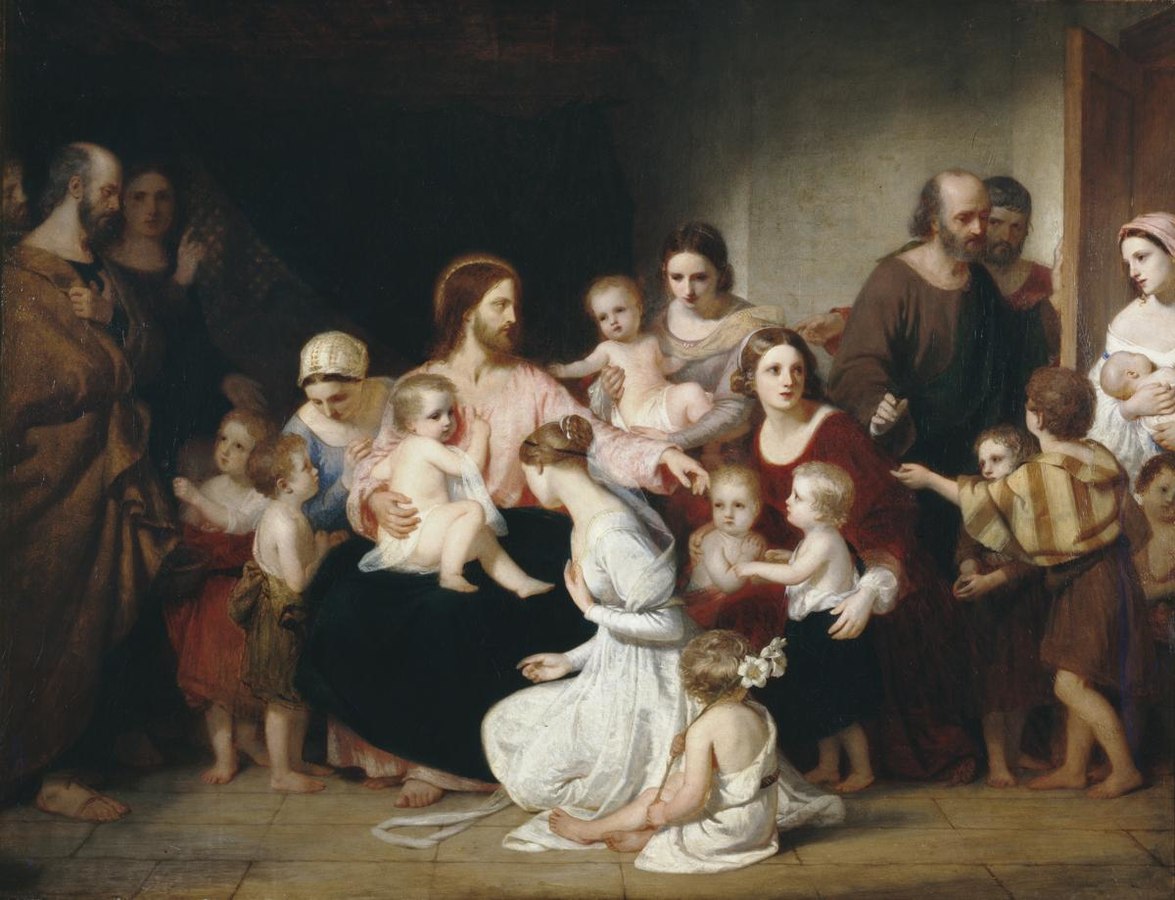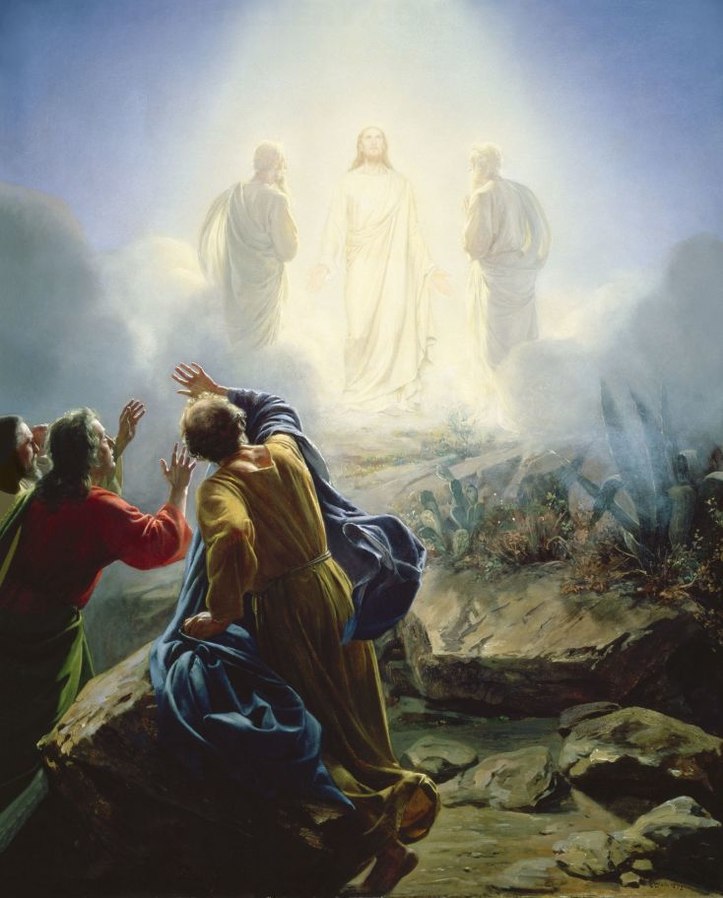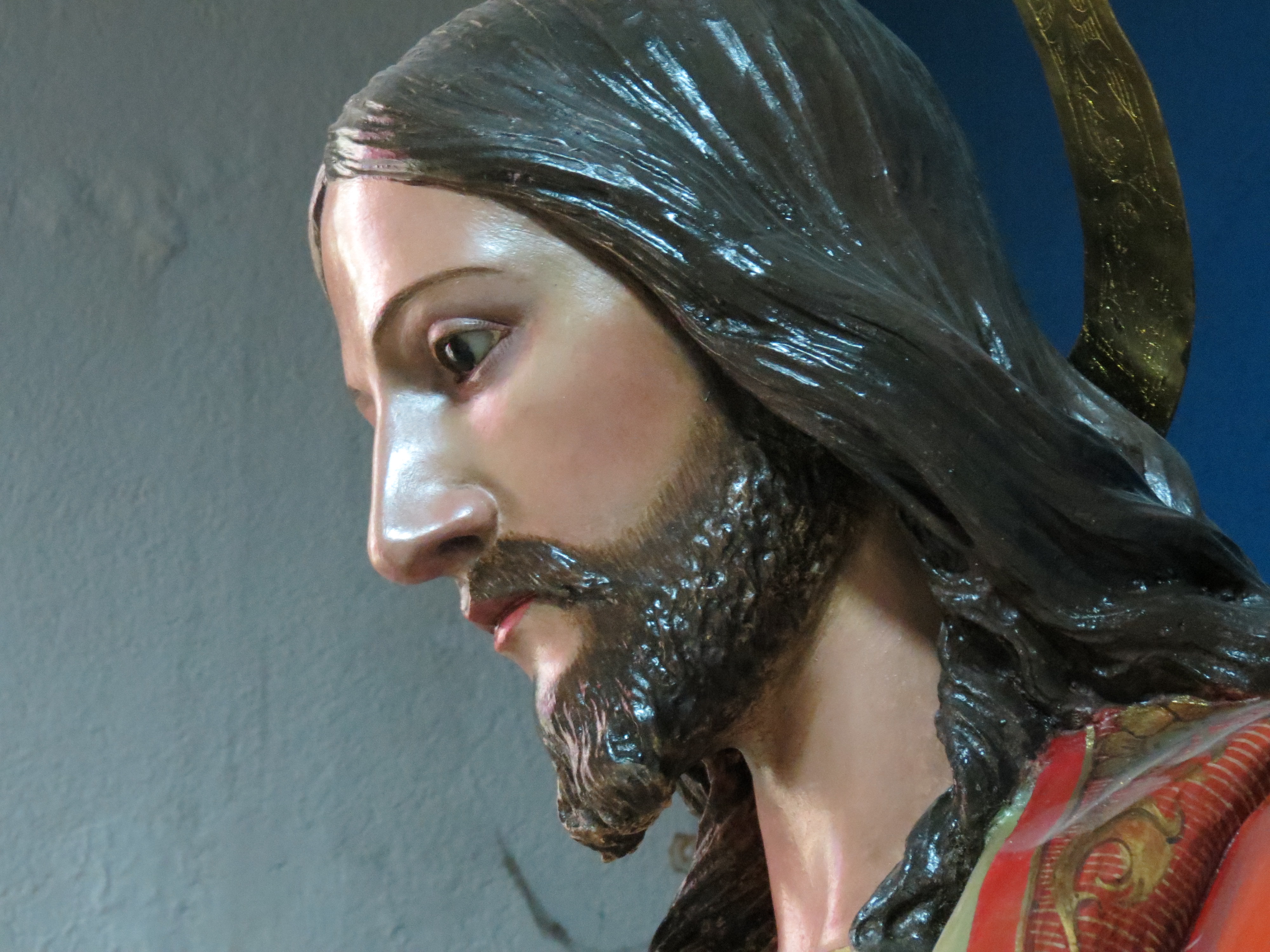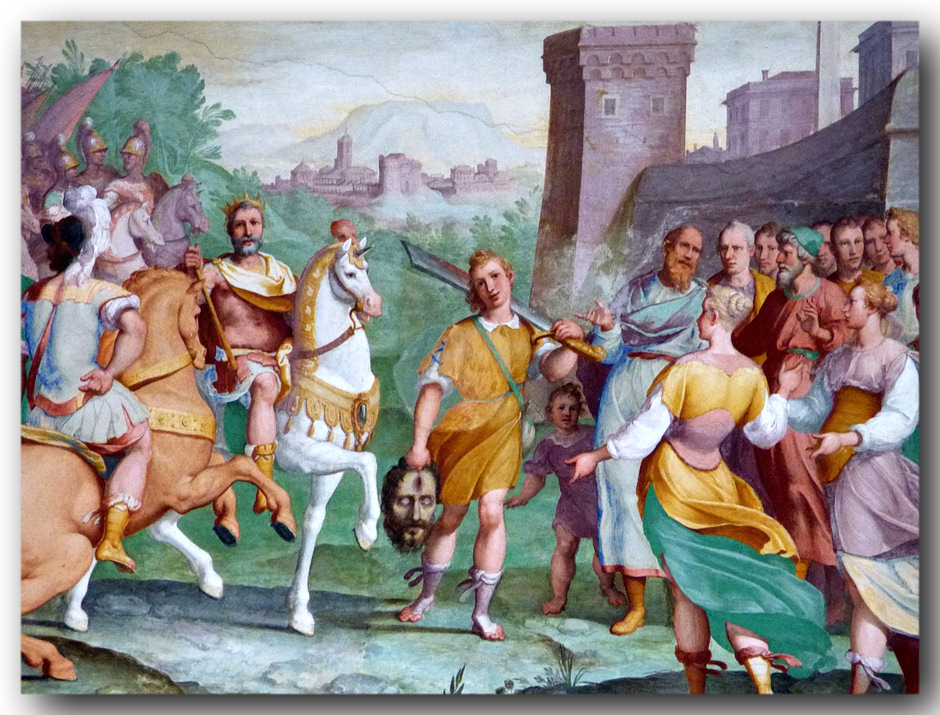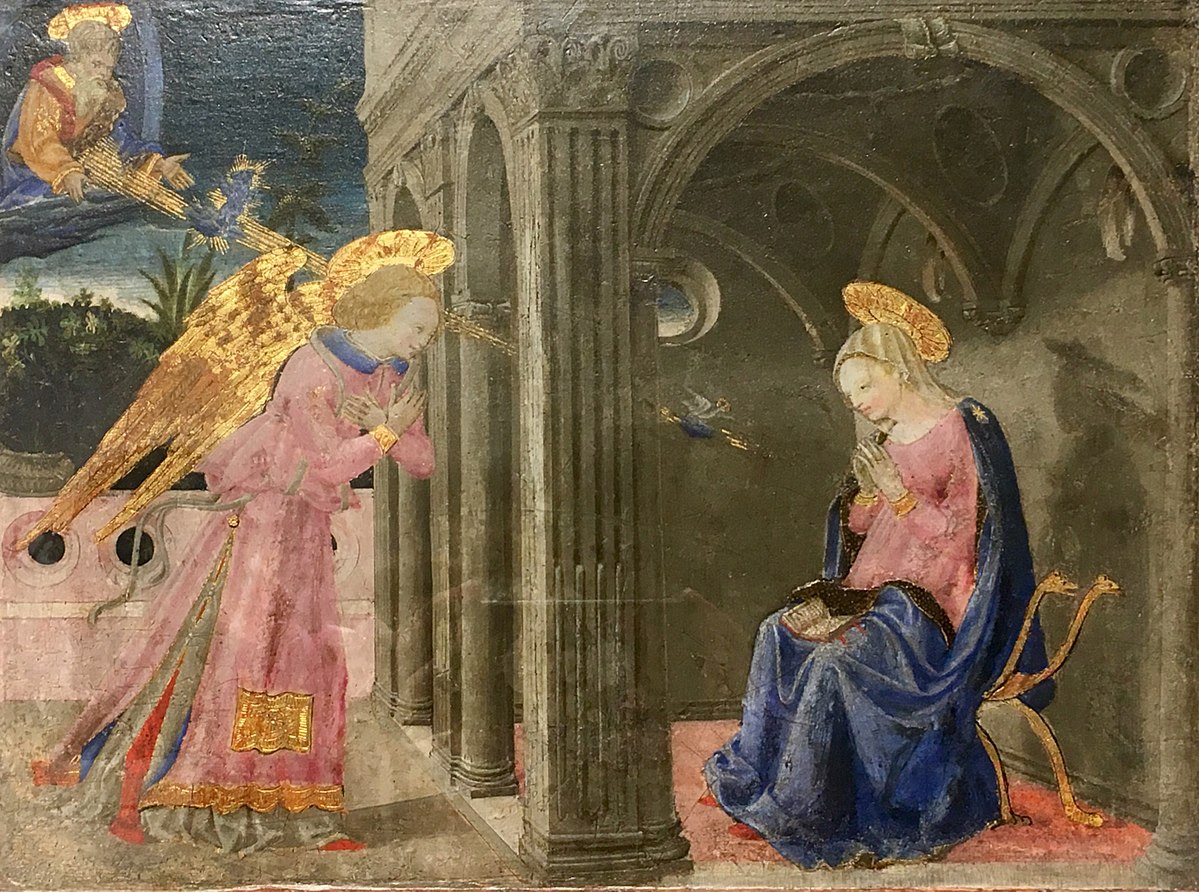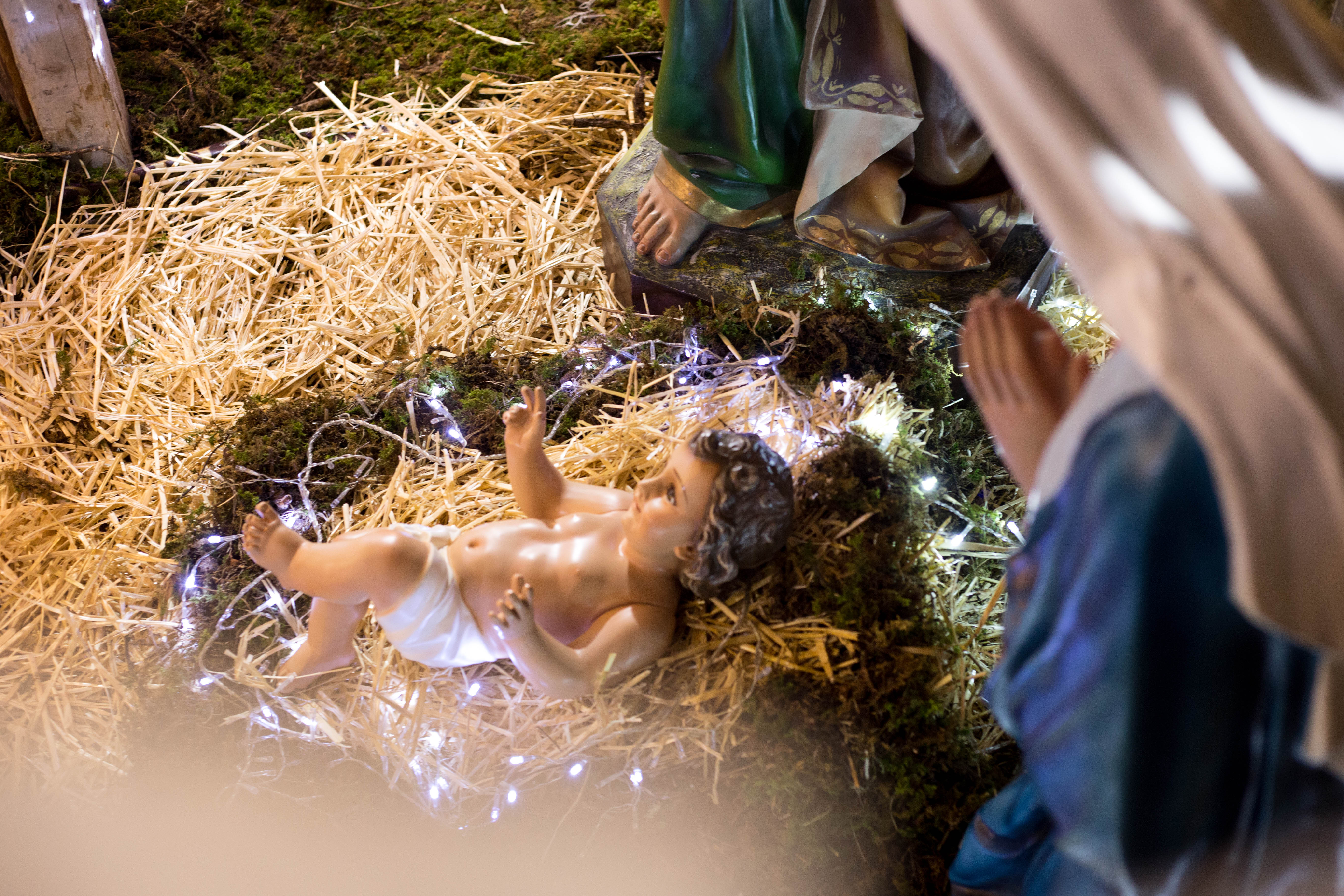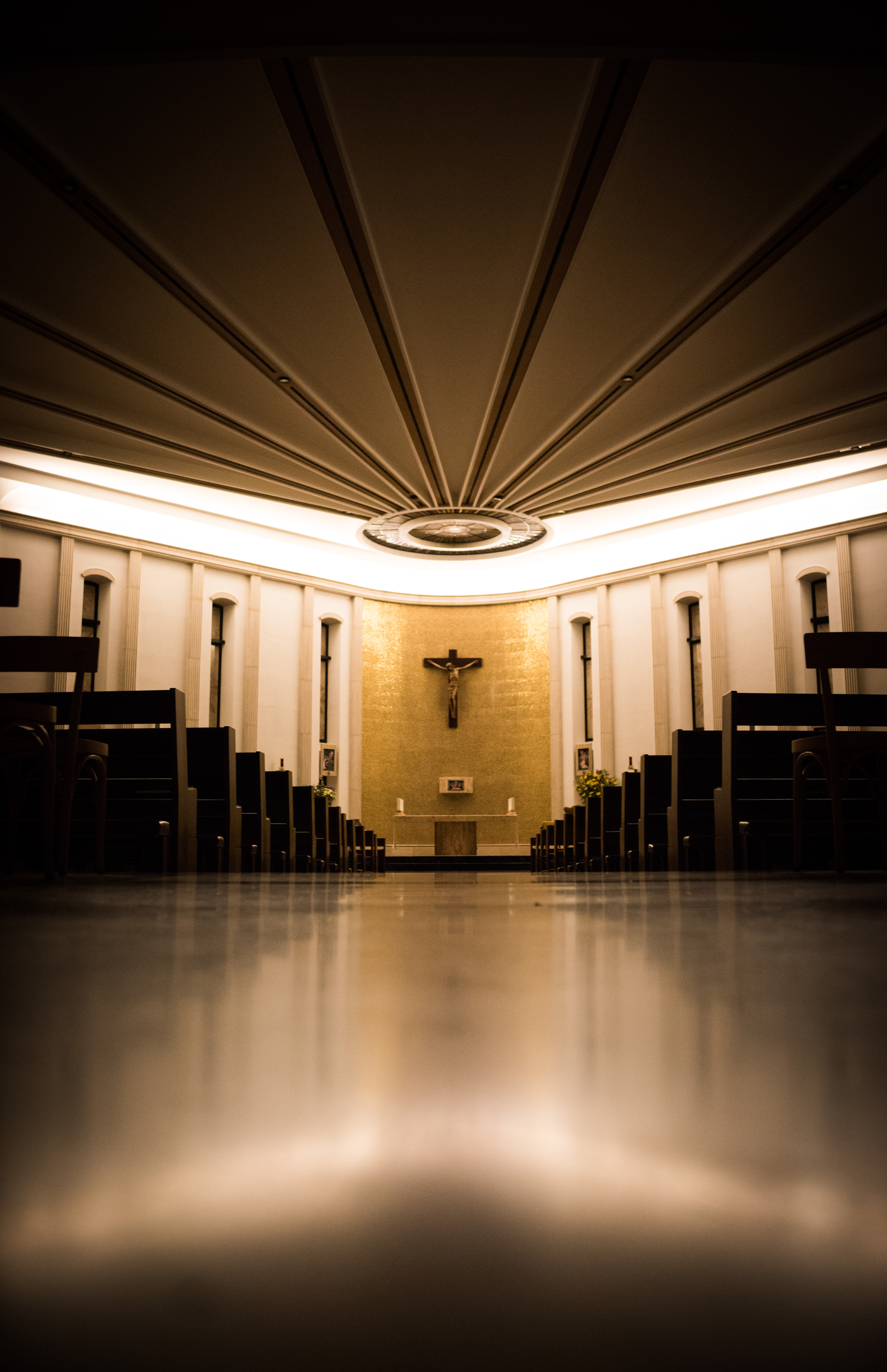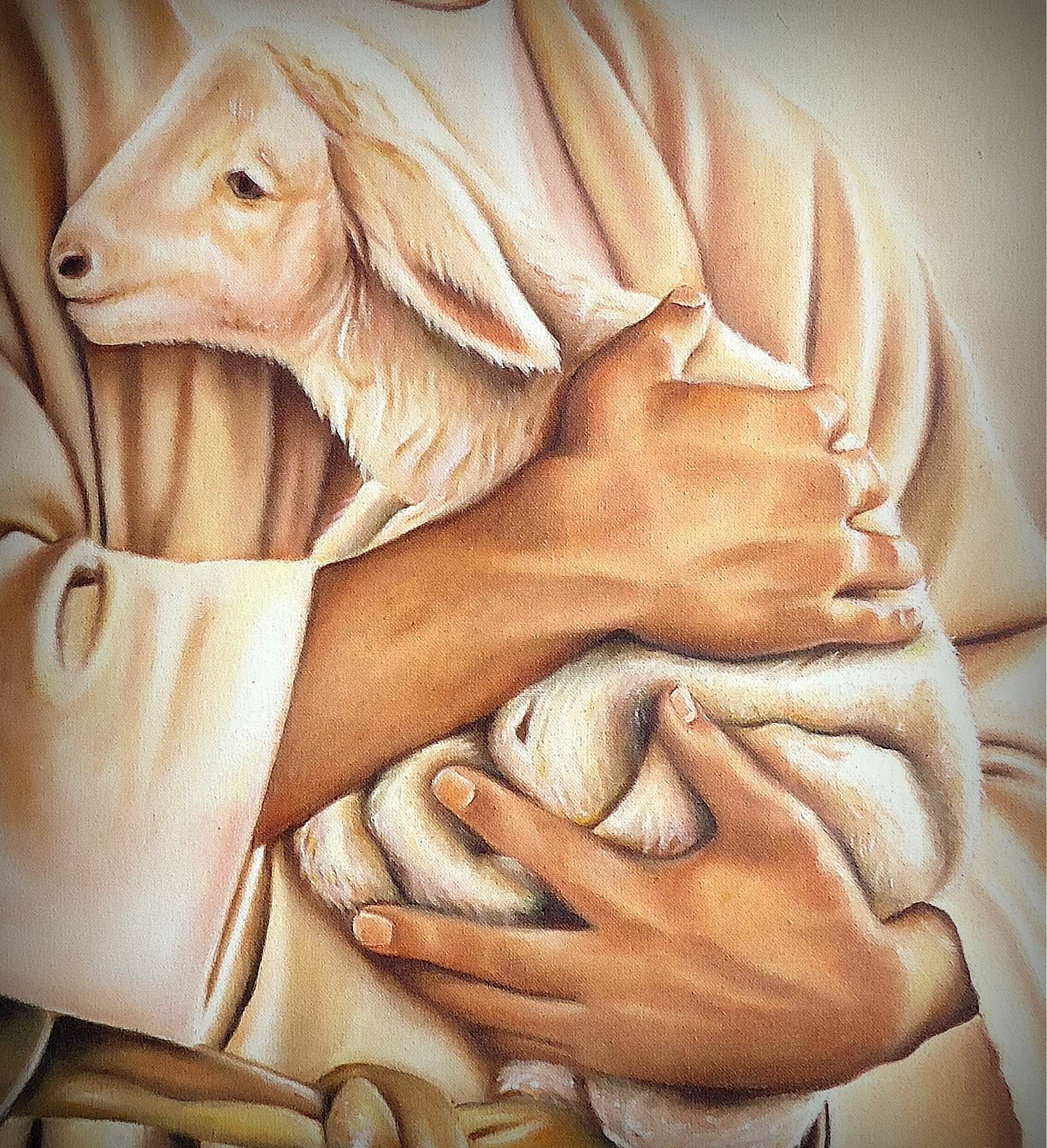Everyone knows the proverb “It takes a village to raise a child.” It means that children need an entire community of people providing for them and engaging them constructively for those children to grow into healthy and wholesome adults.
Today’s two readings, however, have made me wonder if it is not just children who need a village to support and walk with them. Don’t we all? Don’t we even as adults have this deep sense that we need others to be with us, for us, to truly know our own worth, that we need to be welcomed by others in order to truly welcome ourselves? Looking back on the changes in my life, it was the times that I didn’t feel a safety net of people who would hold, support, care about, anoint, pray and walk with me that I seemed to shrivel inside. Some place deep within my soul knew that I needed to be in communion with others in a vulnerable, honest, mutually responsible way to feel whole, to blossom, and to eventually, in my own turn, give life to others.
In the beginning of the reading from James, he asks: Is anyone suffering? Is anyone undergoing hardships? Ill-treated or distressed? He directs them to connect with God in the community of faith. We might know the wisdom of the world in this regard as: Are you suffering? Stay at home, crawl in bed. Or try harder, be strong, you can do it. Are you in good spirits? Treat yourself. Buy something you like. Go to the bar. Are you sick? Go to the doctor. And if there is a difficult diagnosis, call your friends afterwards and ask for prayers. In other words, we live very individual lives, trying to make it on our own, seeking out our own happiness, not expecting others to be with us.
A couple stories. I know two people who took considerable time off work just to be at the service of someone who was sick and needed assistance to and from the doctor as well as a hand to hold during the scary time of “not knowing” the outcome of their treatment.
Recently I read in The Wild Edge of Sorrow the author’s experience in the village of Dano in Burkina Faso in West Africa. He tells of the practice of the villagers who come together every night in the common area of the village just to share their day with each other. There was food and beer, stories, tears, laughter, rejoicing. Children were present, and played together as they ran through the adults who were welcoming each other’s lives and hearts through the narration of the day’s experiences. There was a huge sense of connection in the safe space that was created by this daily ritual for vulnerability, compassion, and cheering one another on. While there, the author met a young woman, about seventeen years old, who had an extensive burn scar on her face. She wasn’t self-conscious, but seemed happy and outgoing. When he inquired about what had happened to her, he was told that her mother had thrown boiling water on her in a fit of rage. But immediately after that the village came together and let this girl know that what her mother had done was wrong and had nothing to do with her, and that she was loved and cherished by the people of the village and would always be so.
In the Gospel, the apostles were indignant that mothers of little children of no real significance thought they had the right to encroach upon the very important time of Jesus. The mothers wanted Jesus “to touch them.” Jesus used touch to bless, heal, include. It was an act of intimacy, an assurance that the other was being seen and was known by him, by God. Jesus was indignant that the apostles were not opening the community to include these tiny members of God’s people. How embarrassed must the mothers have felt. Humiliated. Excluded.
Jesus and James call the Church to be a communion of faith where people are there for each other, a compelling sign of hope that ultimately we are one with each other and will be there for each other, and a witness to a way of life that is truly human and truly divine.
 Kathryn James Hermes, FSP, is the author of the newly released title: Reclaim Regret: How God Heals Life’s Disappointments, by Pauline Books and Media. An author and spiritual mentor, she offers spiritual accompaniment for the contemporary Christian’s journey towards spiritual growth and inner healing. She is the director of My Sisters, where people can find spiritual accompaniment from the Daughters of St. Paul on their journey. Website: www.touchingthesunrise.com Public Facebook Group: https://www.facebook.com/groups/srkathrynhermes/ For monthly spiritual journaling guides, weekly podcasts and over 50 conferences and retreat programs join my Patreon community: https://www.patreon.com/srkathryn.
Kathryn James Hermes, FSP, is the author of the newly released title: Reclaim Regret: How God Heals Life’s Disappointments, by Pauline Books and Media. An author and spiritual mentor, she offers spiritual accompaniment for the contemporary Christian’s journey towards spiritual growth and inner healing. She is the director of My Sisters, where people can find spiritual accompaniment from the Daughters of St. Paul on their journey. Website: www.touchingthesunrise.com Public Facebook Group: https://www.facebook.com/groups/srkathrynhermes/ For monthly spiritual journaling guides, weekly podcasts and over 50 conferences and retreat programs join my Patreon community: https://www.patreon.com/srkathryn.
Feature Image Credit: harles Lock Eastlake, Public domain, via Wikimedia Commons, https://commons.wikimedia.org/wiki/File:Charles_Lock_Eastlake_-_Christ_Blessing_Little_Children.jpg
